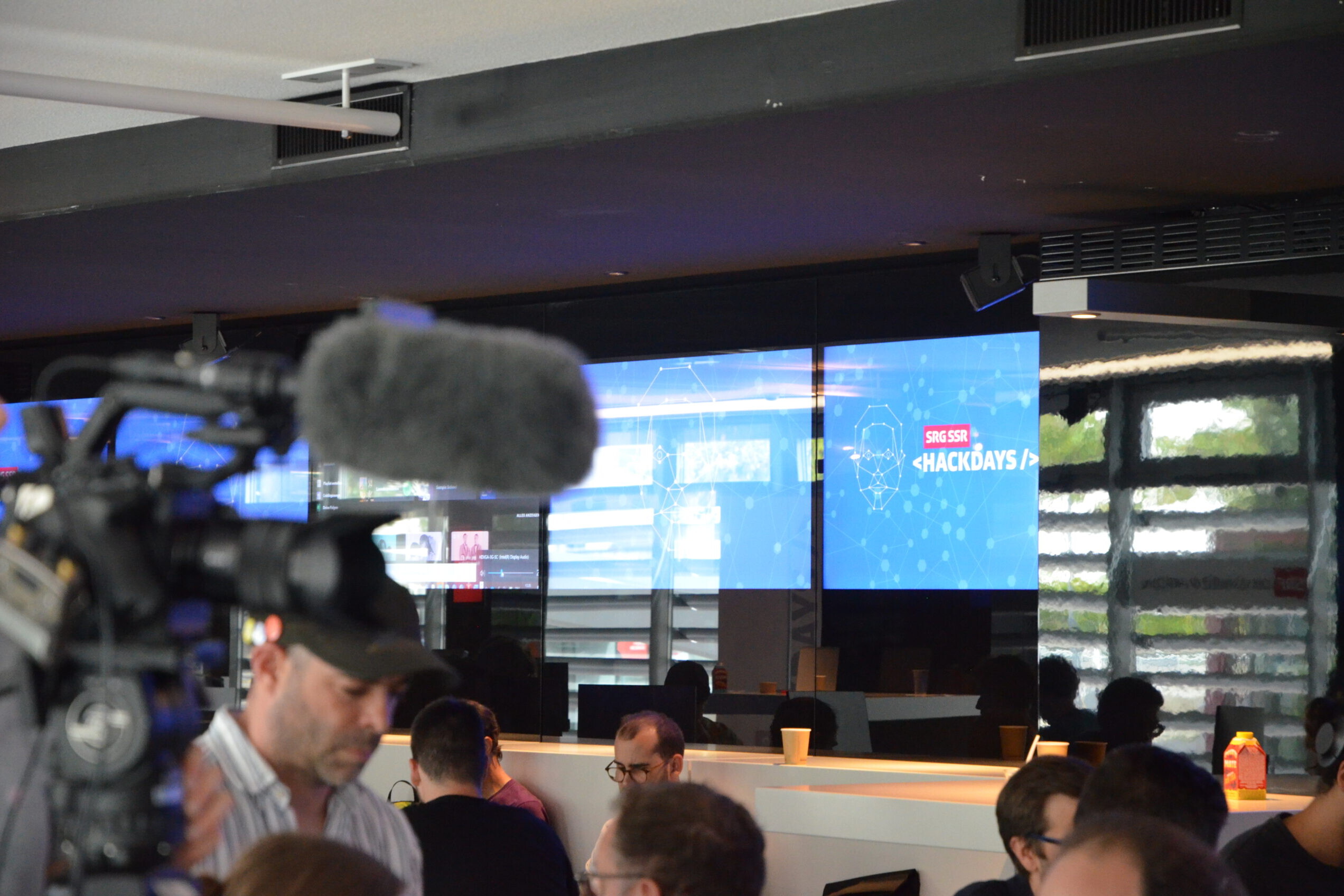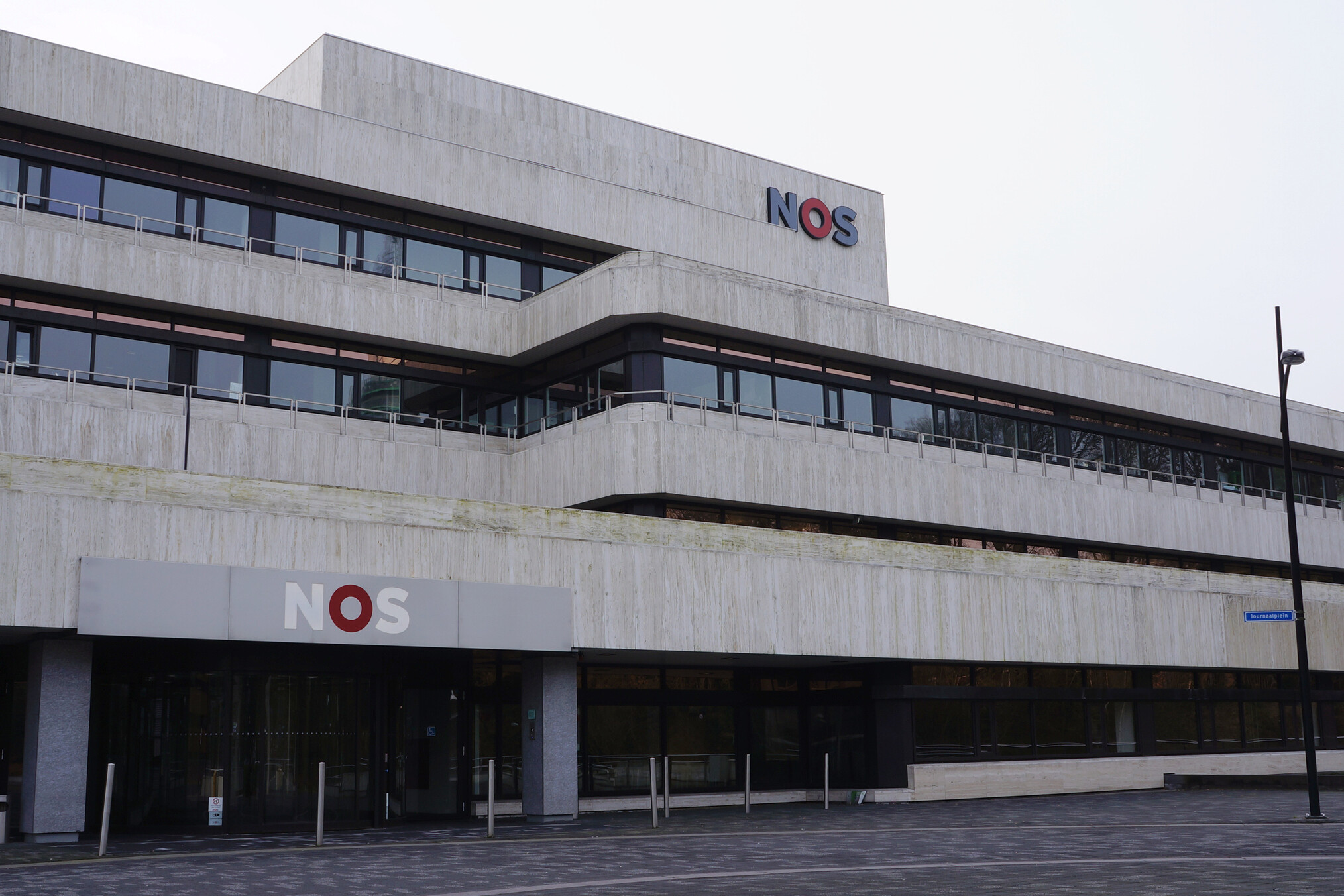PSM INNOVATIONS
Pacific Media Network introduces menopause and menstrual leave
30th May 2023
The Pacific Media Network (PMN) is the first company in Aotearoa New Zealand to adopt a menopause and menstrual leave policy.
By Dorcas Mirembe-Korsah
“The menstrual & menopause policy provides paid leave for those who access it. Just like one would use their sick leave, this policy applies the same.,” said Lusia Petelo, PMN Union Delegate.
The menstrual policy was proposed, debated, and brought to the bargaining table at a union meeting by Ms Petelo and her delegate assistant, Henry Hohenberger. The policy requires all parties to conduct research, which included meetings with union members, doctors, and connecting with an Australian company that already had this policy for assistance.
“I was the only female in the bargaining discussions, so the pressure was heavy, representing for our union woman, and even more importantly the woman of PMN, past present and future, “said Ms Petelo. “There were many ‘no’s’ before we got our yes, but I truly believe care for staff and the platform we serve plays a big part in this win.”
Read more: BBC files UN complaint about online violence towards women journalists
Due to the increase in the number of women in the workforce, there has been growing demand for such a policy. Ms Petelo said, “this policy has allowed woman in our office to not feel ashamed for what their body is putting them through.” According to research released by the Women and Equalities Committee (WEC) in the UK, one-third of women have missed work due to menopausal symptoms and in a survey of 2,000 women aged 45 to 67 in the UK suffering menopause symptoms, a lack of support was seen as having a direct impact on their decisions to leave their employment.

As part of the new PMN policy, sanitary products are provided. Ms Petelo said, “the biggest difference I have personally seen and noticed is that the men in the workplace no longer flinch or look away when they see me holding sanitary products,” she continued, “there are more open conversations about periods in the office and being a broadcaster, I keep the conversations going with my co-host when we talk on-air.”
It is important that these conversations become the norm to help support women in the workplace. Menstrual and Menopause leave is nothing new. Menstrual leave has existed in various forms for at least a century, with the Soviet Union instituting a national policy in 1922, Japan in 1947, and Indonesia in 1948. However, it is still uncommon in many large global economies. However, support of such policies is rising as more and more companies begin to implement the benefit. Ms Petelo told PMA, “because we are broadcasters, we sit in a seat of privilege to change and improve any stigma within our communities when it comes to talking about periods or period related issues. If we can walk our talk starting with this policy, then it means we are doing our jobs right.”
PMN is taking the initiative in creating a supportive environment for women. As a broadcaster it is setting the standard for other media to follow, and as a public media organisation, has the potential to influence wider society in best practices and normalise conversations around women’s health in the workplace.
“Because we are broadcasters, we sit in a seat of privilege to change and improve any stigma within our communities when it comes to talking about periods or period related issues. If we can walk our talk starting with this policy, then it means we are doing our jobs right.” –Lusia Petelo, PMN Union Delegate
PMN is a member of the Public Media Alliance.
Over to you...
Does your public media organisation have an innovation that you’d like to share?
Let us know by emailing us at editor@publicmediaalliance.org
Related Posts
11th April 2023
CBC Corner: a digital portal for Canadian libraries
CBC Corner is a new digital portal –…



